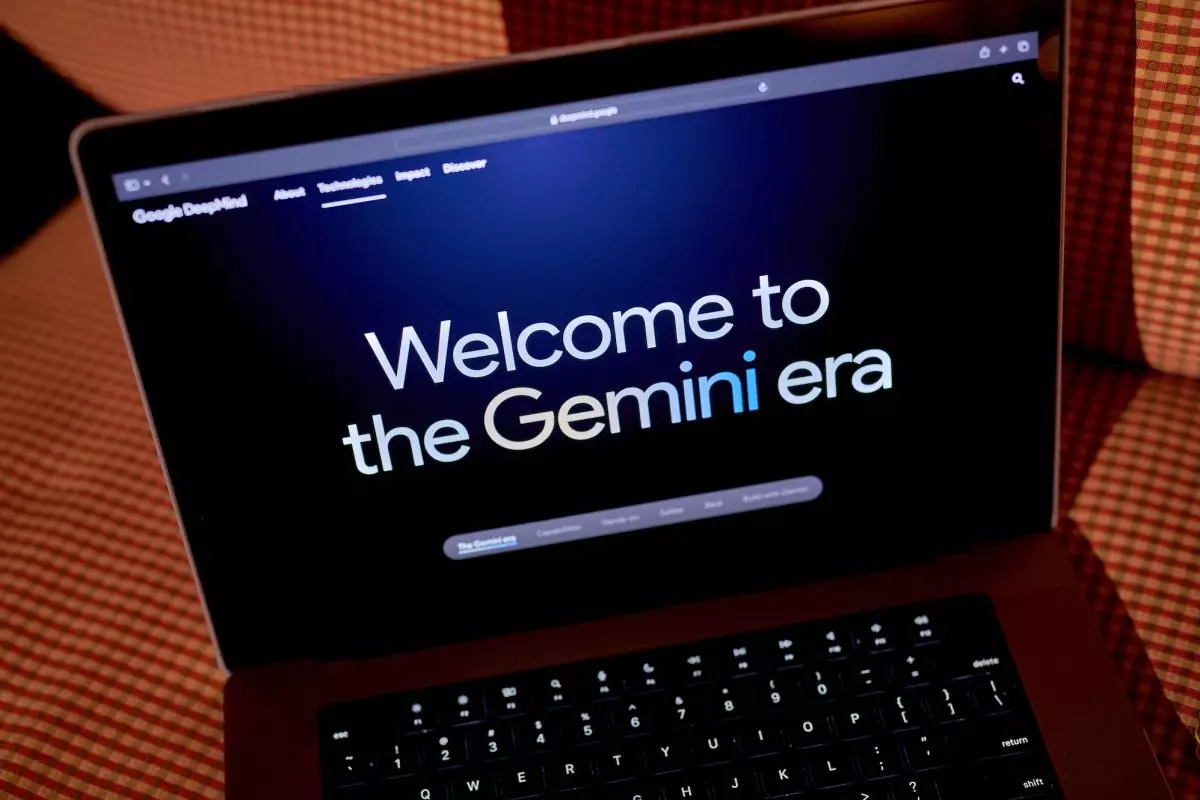In the rapidly evolving landscape of artificial intelligence, every major player is continuously searching for an edge. Google, a titan in the tech industry, is currently invested in refining its Gemini AI. Recent correspondence has unveiled that contractors tasked with improving Gemini are comparing its responses against outputs from a rival model, Claude, developed by Anthropic. However, questions arise regarding the ethics and legality surrounding such comparisons.
As tech companies strive to outperform each other, the assessment of AI models often pivots on competitive comparisons. Typically, organizations rely on standardized industry benchmarks to evaluate their systems’ performance. However, Google’s strategy of involving contractors to criticize and rate competing models raises eyebrows. Internal communications provided to TechCrunch reveal that Gemini’s evaluators rate outputs based on a plethora of criteria, including accuracy and verbosity—metrics that can be subjective and context-specific.
Such assessments require contractors to invest significant time—up to 30 minutes for each prompt—deciding whether Gemini or Claude delivers a superior response. This approach might provide nuanced insights into model performance but also reveals a potential blind spot: Are these contractors equipped to make judgments on all the varieties of prompts, particularly those that delve into complex and sensitive subjects? The burden of such judgment may inadvertently lead to inconsistencies in their evaluations.
The internal communication also indicates an intriguing and potentially problematic relationship between Google and Anthropic. Despite Google’s substantial investment in Anthropic, it remains unclear if proper permissions were secured to utilize Claude’s outputs for Gemini’s assessment. This uncertainty raises ethical questions. Anthropic’s terms of service prohibit customers from accessing Claude for the express purpose of constructing competing services or training models without their consent. In the absence of transparent communication regarding acquired permissions, skepticism from industry observers is warranted.
Shira McNamara, spokesperson for Google DeepMind, acknowledged that they compare model outputs for evaluation. However, she was quick to clarify that Google does not employ Claude in the training of Gemini. While this statement seeks to mitigate concerns about unethical practices, the lack of transparency around approved methodologies fosters an environment of suspicion.
Safety Features Under Scrutiny
A striking aspect of the internal evaluation process emerged when contractors noted that Claude tends to emphasize safety more than Gemini. Details from their discussions suggest that Claude has been designed with stricter safety protocols and often refrains from responding to queries deemed unsafe. This cautious approach contrasts sharply with instances where Gemini’s output was deemed dangerously inappropriate, such as content involving “nudity and bondage.”
The implications of these discrepancies are significant. The responsibility of producing safe, trustworthy AI lies not just in the accuracy of information provided but also in ensuring that outputs adhere to ethical norms and community standards. If Gemini is generating unsafe responses but remains unregulated by stringent controls, the risks posed by deploying such technology can have real-world consequences.
The concerns regarding Gemini’s output accuracy were further highlighted by reports that contractors are now assessing responses in specialized areas outside their expertise. In particular, the domain of healthcare, where inaccuracies could jeopardize lives, requires a standard of precision and reliability that must be upheld at all costs. Internal correspondence expressed fear that the model could disseminate misleading health information, which warrants immediate attention and rectification.
The pursuit of innovation in AI brings with it the immense responsibility to ensure ethical practices and accuracy in outputs. As tech companies like Google are racing to develop advanced models, it is crucial that these companies adhere to sound ethical practices. The interplay between competition and collaboration in this area will shape the future of AI. Consequently, transparency in dealings, clear communication about methodologies, and an acute awareness of the implications of generated content must be prioritized.
Only through adhering to these principles can the industry ensure that advances in AI technology serve as a force for good, rather than contributing to misinformation or unsafe practices.

